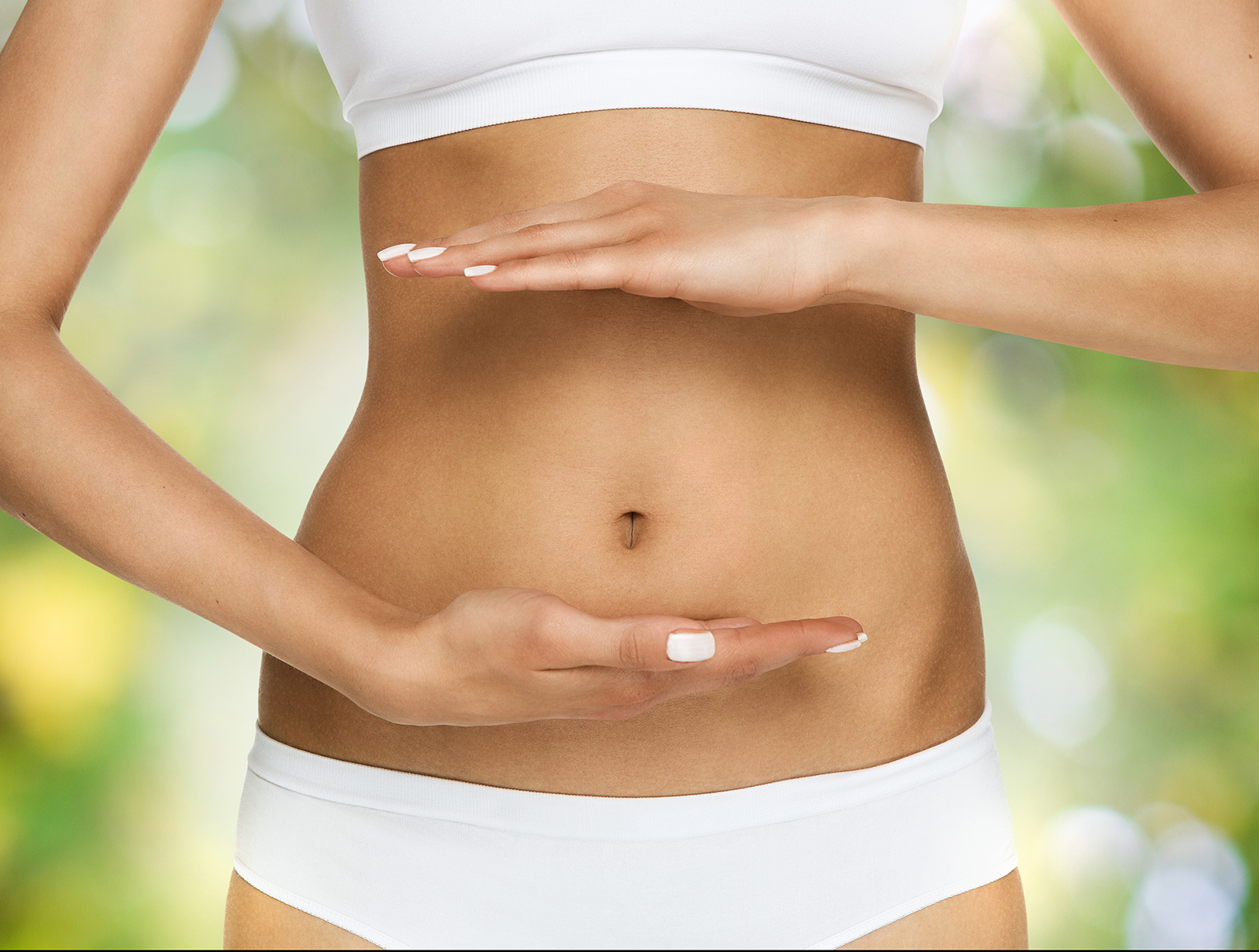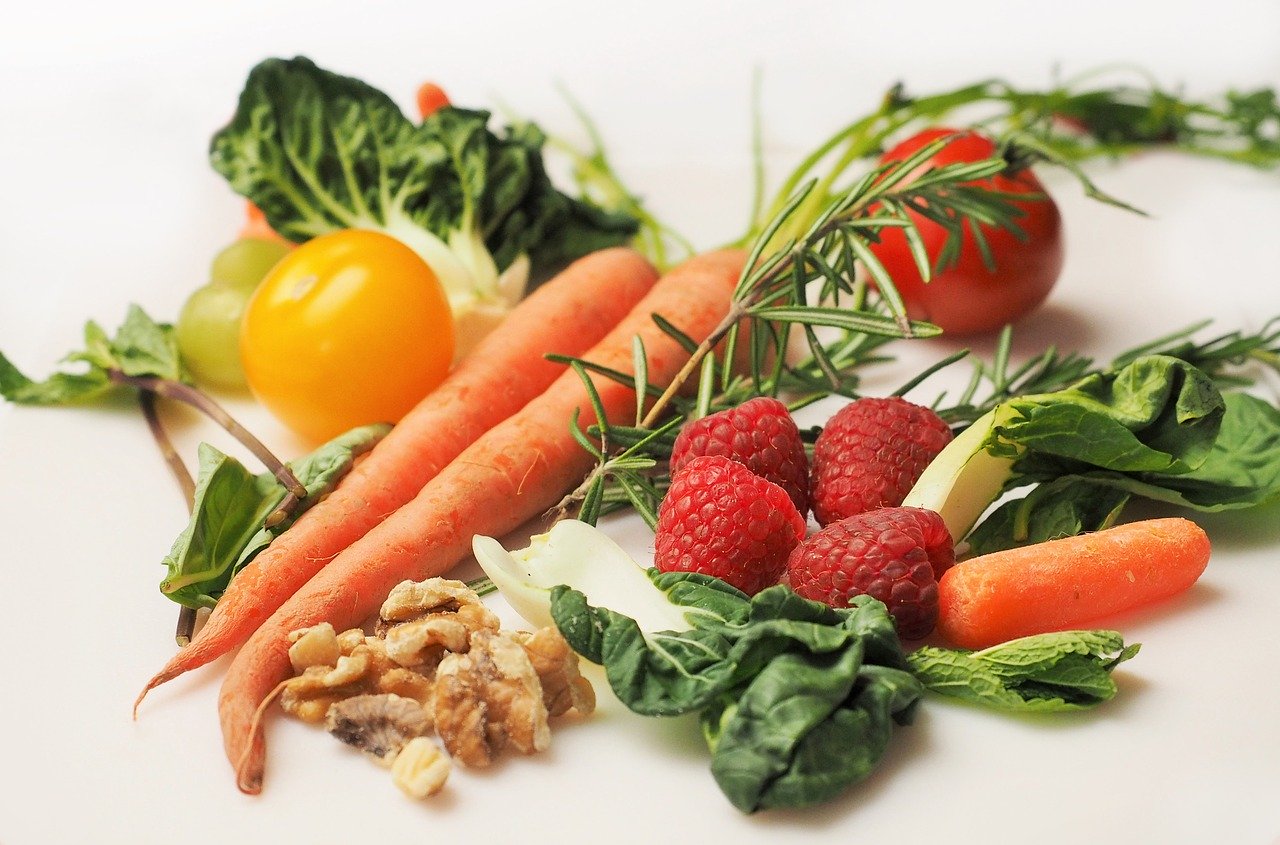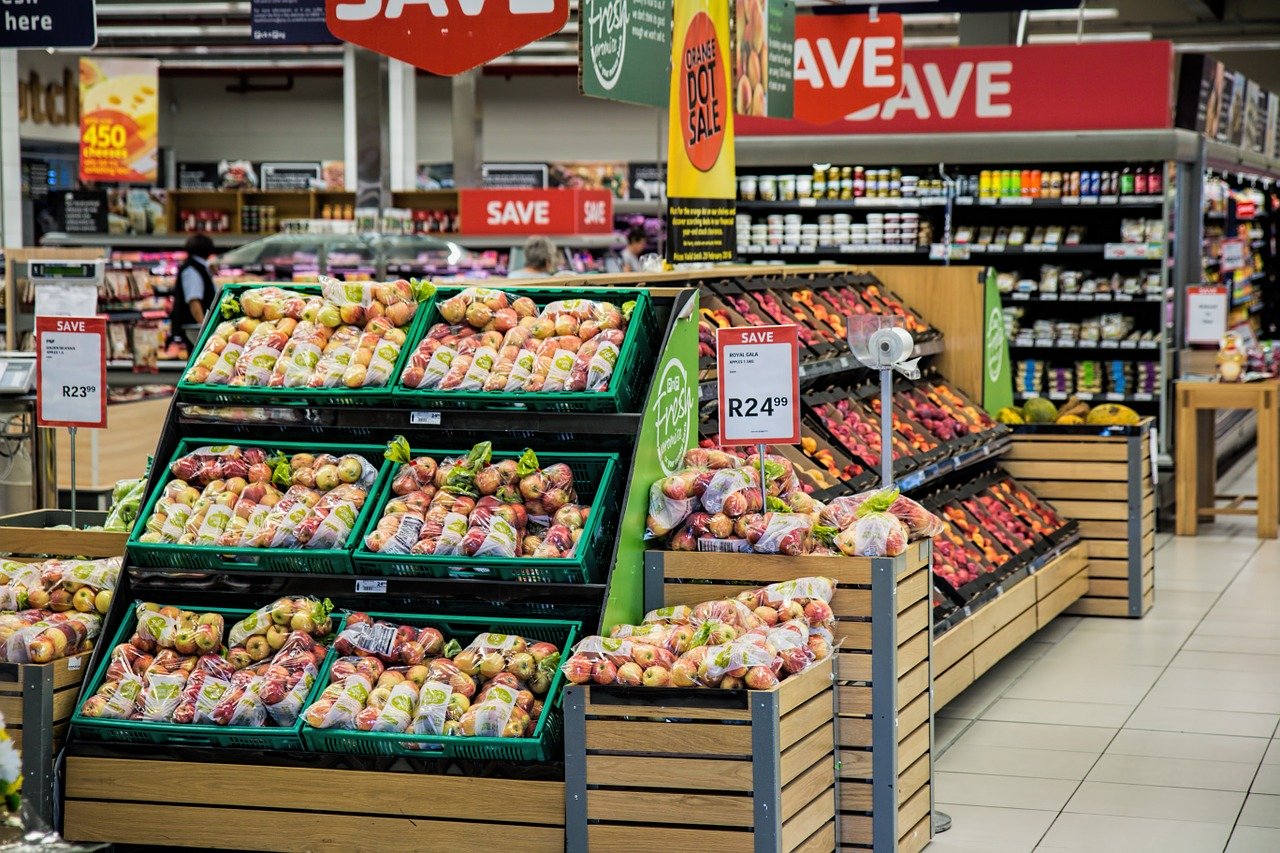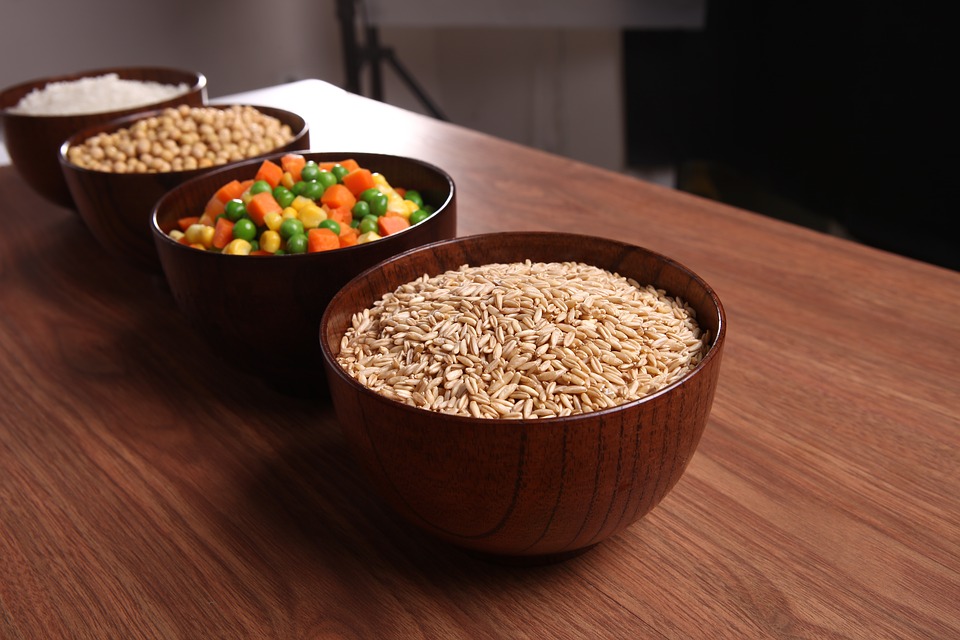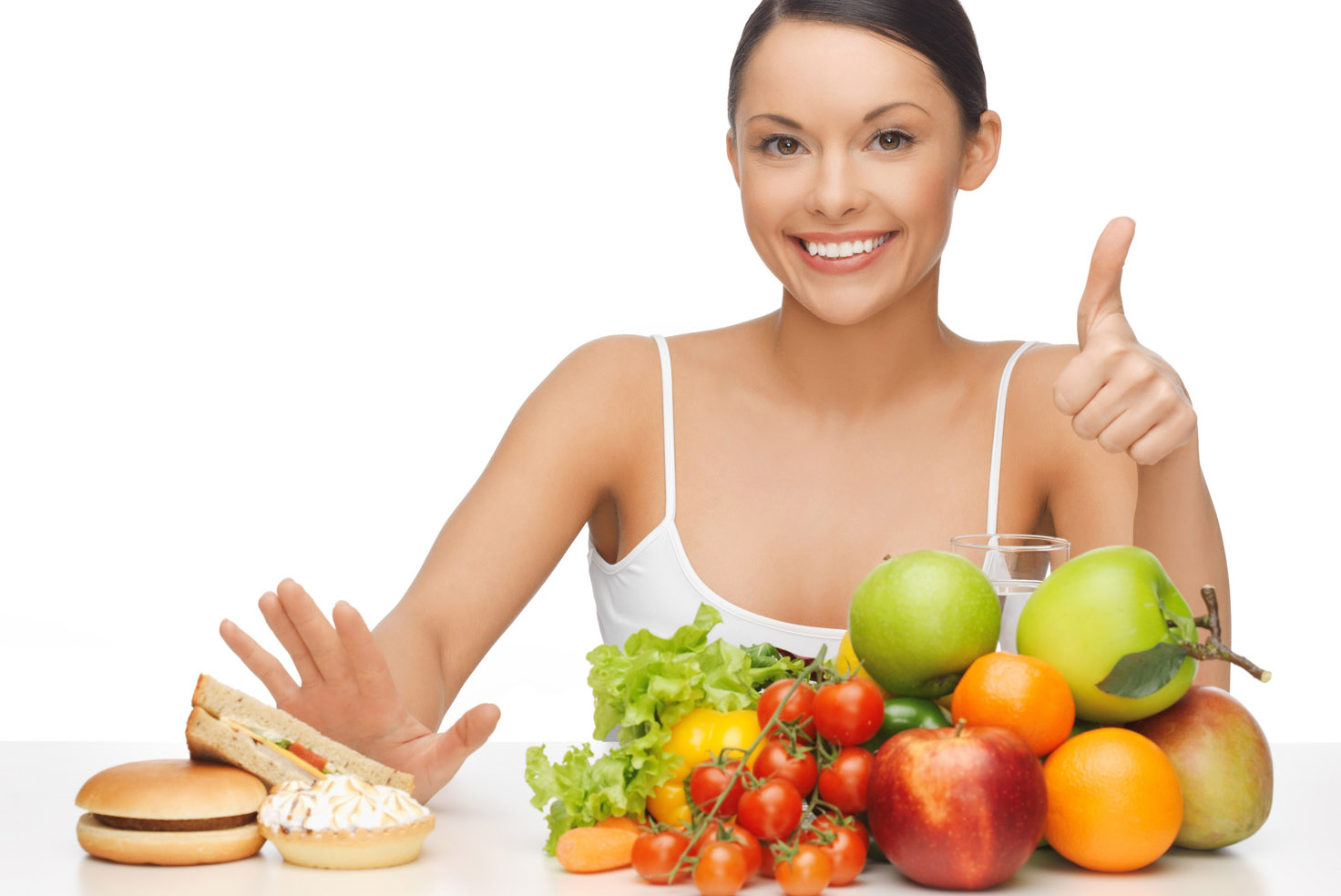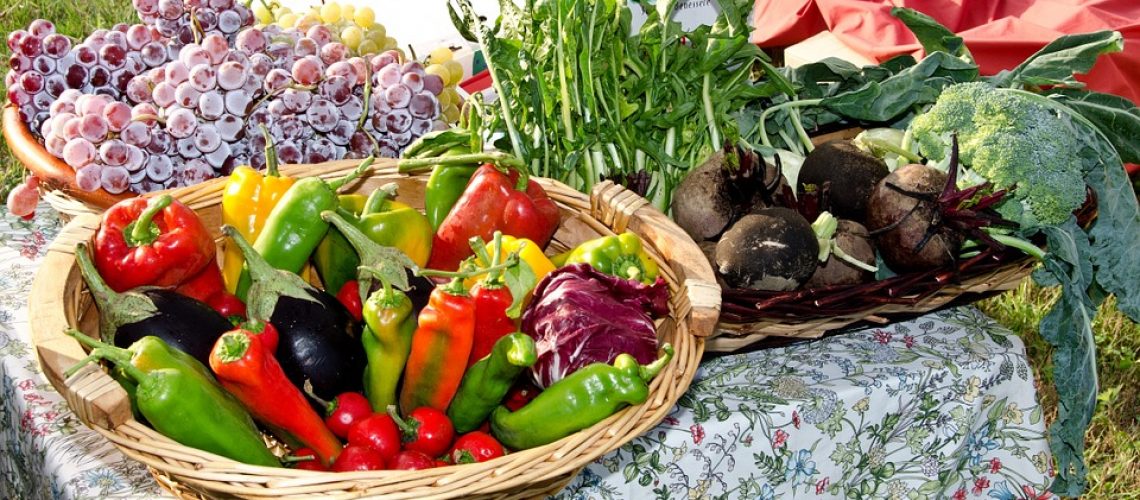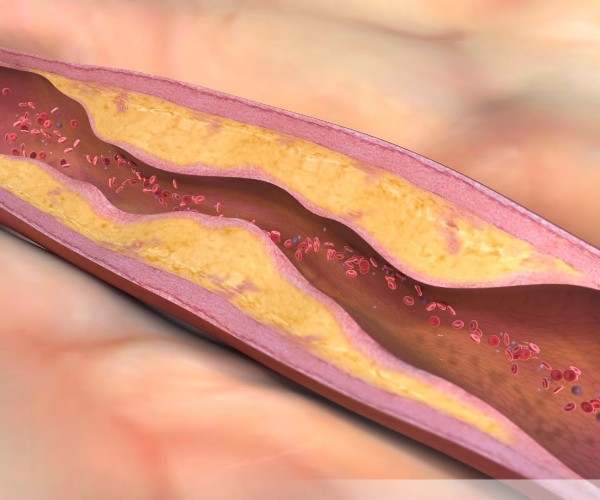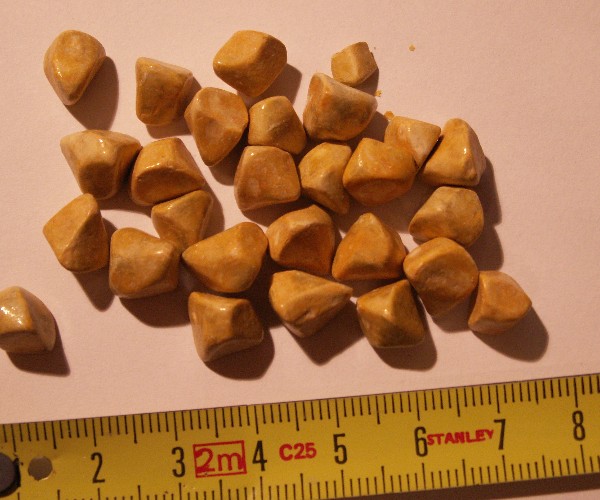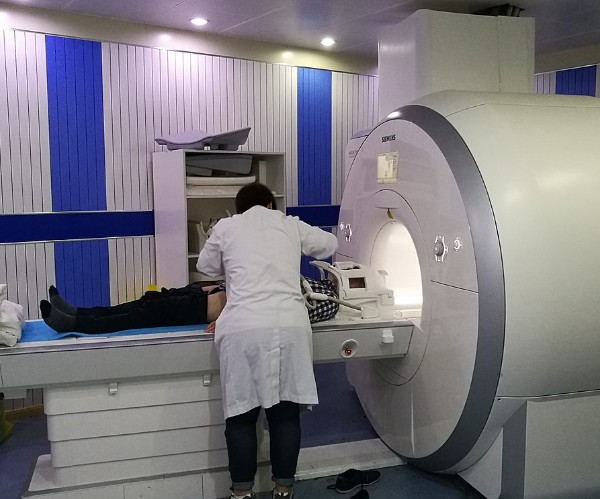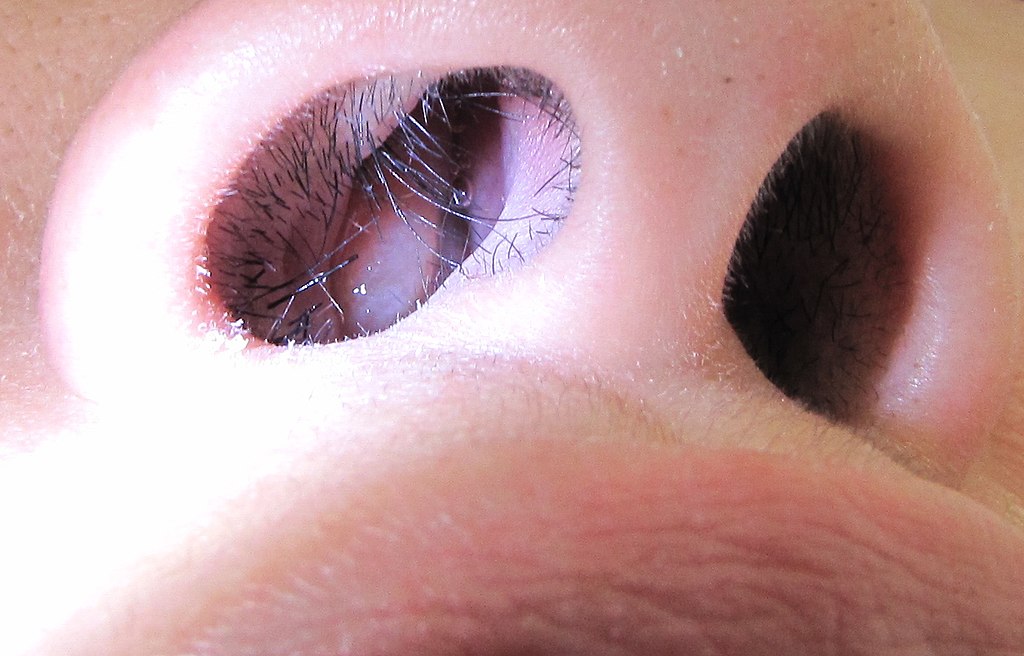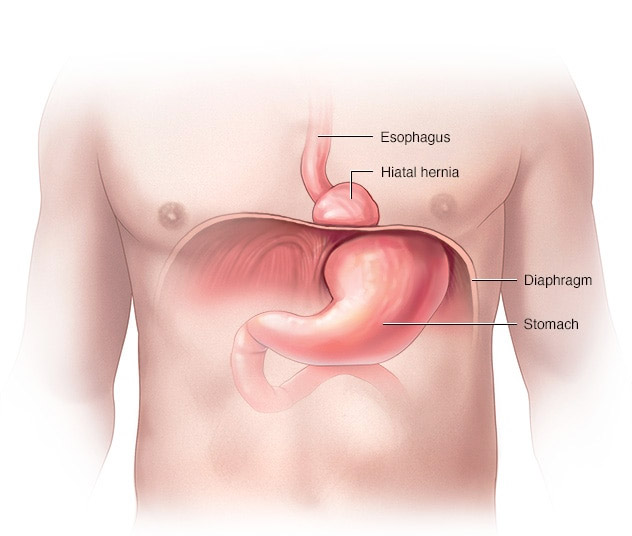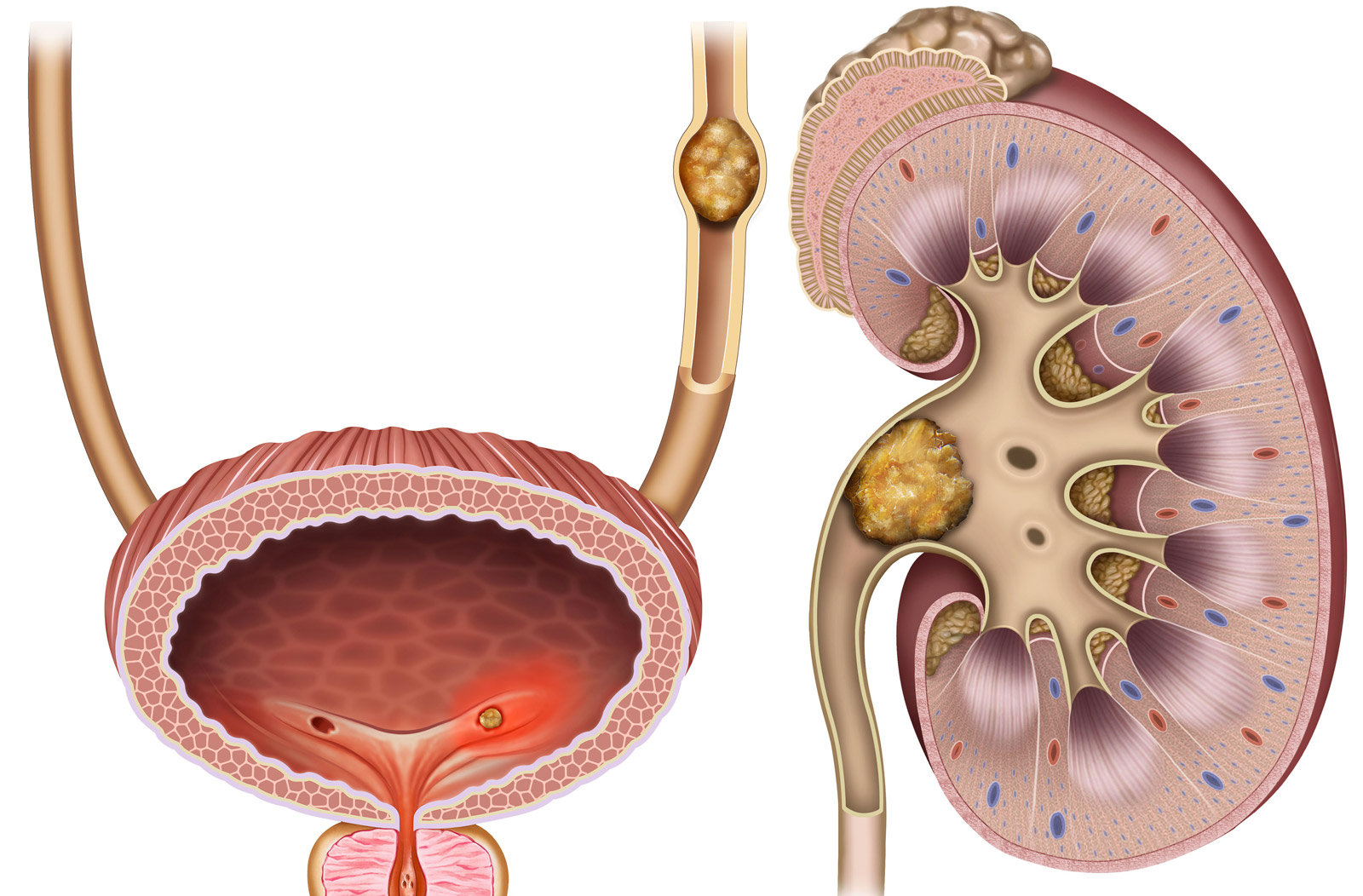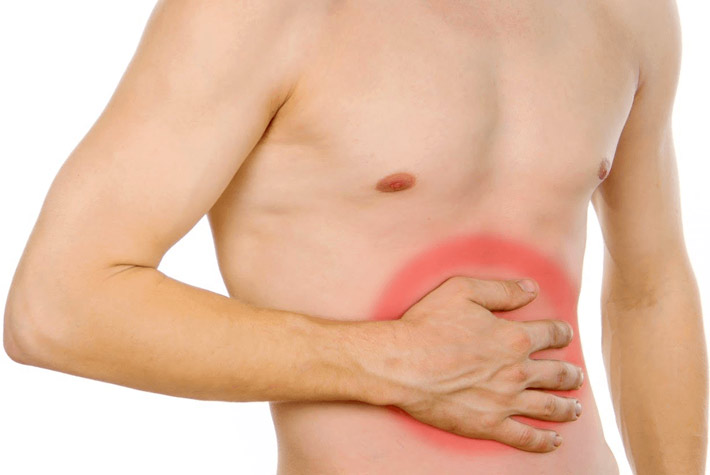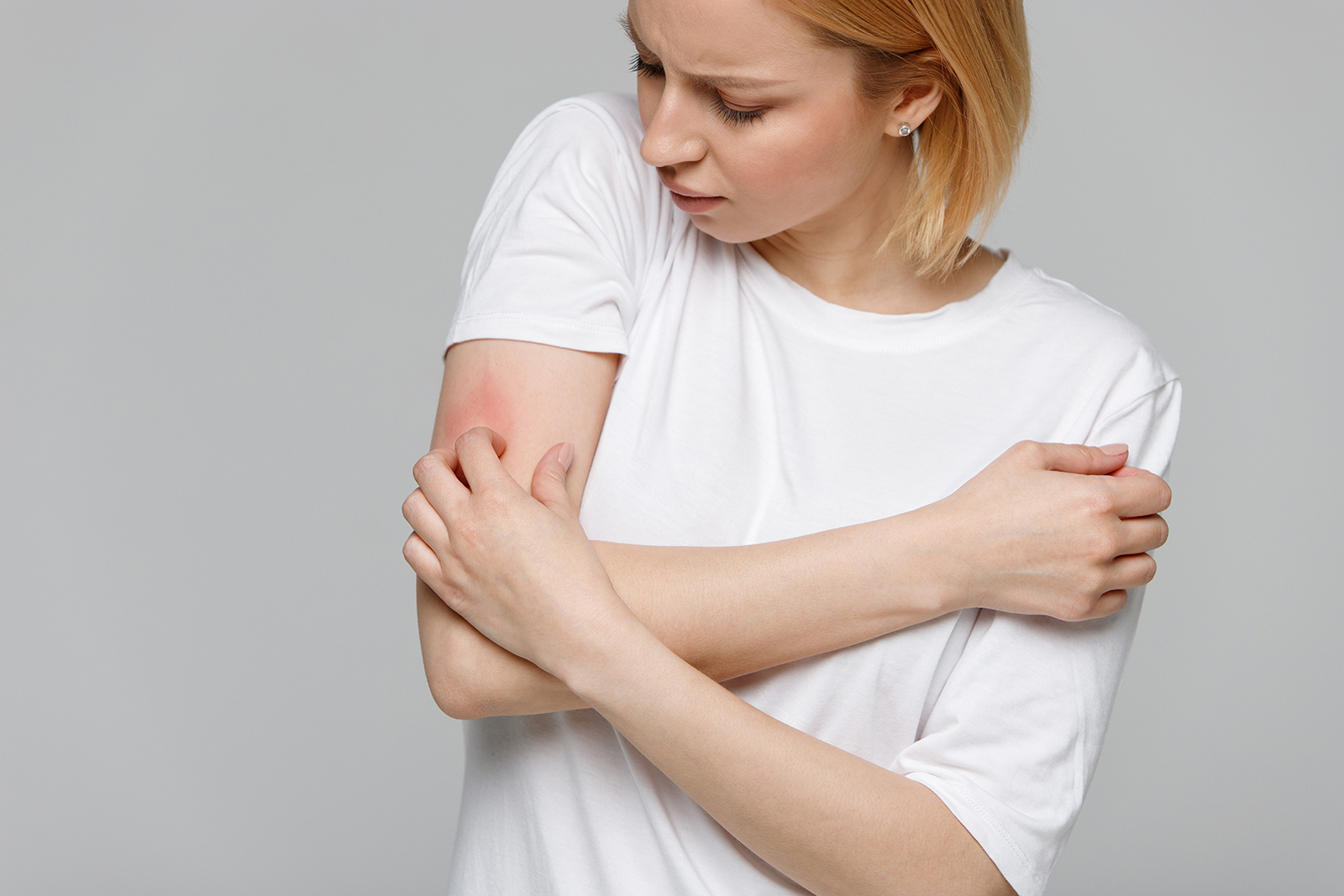Chosen by more and more people, for themselves and their families, for ideological reasons or health beliefs; opposed by just as many, who consider it an unnecessary or even harmful food fad. The vegan diet, no doubt, causes debate, and in many cases, even doctors and nutritionists are far from in agreement as to whether or not it should be recommended or discouraged, either in general or in specific subgroups of people.
Raising the most doubts and heated disputes is the choice of some women not to betray vegan dietary dictates even during
pregnancy
and breastfeeding and to offer the same dietary style to their children from weaning. A behavior considered permissible by some and irresponsible by many others, in view of the risk of even serious nutritional deficits (and consequent health damage) resulting from not eating any food of animal origin. The question is, who is right?
To try to bring order to an area where opinions teem, but reliable scientific evidence is scarce, little known or incorrectly interpreted, a panel of Italian experts from the Scientific Society of Vegetarian Nutrition (SSVN) recently published a consensus document containing some important recommendations for structuring a healthy and balanced vegan diet that is also suitable for women during pregnancy/lactation and pediatric age.
The advice given by experts is as reasonable as ever, to the point of seeming almost obvious, but trivializing it and not following it carries serious risks. Therefore, if you choose to be vegan all the time, it is better to learn how to structure your daily diet with the support of an experienced nutritionist and, in the case of children, also the pediatrician.
A first aspect to consider is overall calorie and individual nutrient intake, which must be sufficient and balanced to individual needs. Contrary to what many people think, taking in “complete” protein is not a problem, if you get used to always combining grains and legumes and if you consume “pseudocereals” (such as quinoa, amaranth) and the countless plant-derived protein products (tofu, tempeh, natto, soy milk, seitan, etc.) available commercially.
In addition to protein, soy derivatives are also a good alternative source of calcium (essential for bone metabolism), which can also be taken in adequate amounts by eating cabbage, broccoli, turnip greens, oranges, figs, almonds, and other dried fruits often, and by drinking at least 2 liters a day of a water that is rich enough in it (300-350 mg/liter).
Calcium can only be utilized by the body in the presence of vitamin D, which is essentially absent in the vegan diet, but is produced by skin exposed to the sun: just exposing the face, arms and legs for 15 minutes a day without sunscreen (avoiding the hottest hours) is enough to obtain a sufficient amount. In the cold months, if necessary, supplements may also be used on medical advice.
Vegans should be aware that plant foods alone cannot provide the necessary supply of vitamin B12 (found exclusively in animal foods and yeasts). Especially during pregnancy/lactation and in childhood, it is, therefore, advisable to take dietary supplements containing this vitamin, which is essential for red blood cell synthesis and nervous system function. In contrast, omega-3 fatty acids, important for the nervous system and immune system, are provided by almonds, flaxseed and chia seeds and oil, and may be further supplemented with targeted preparations.
Iodine can be taken in sufficient quantities (about 100 mg/day in children; 150 mg/day in adults; and 200 mg/day in pregnancy) simply by using iodized salt instead of common table salt, while to better assimilate the iron found in vegetables (spinach, cabbage, broccoli, beans, lentils, etc.) it is necessary to combine these foods with a source of vitamin C (lemon or other citrus fruits, peppers, fresh or dried tomatoes, berries, kiwi, etc.). The vegan woman of childbearing age should, however, regularly monitor possible iron deficiency and, if present, resort to supplements, agreed with the doctor.
Source: Baroni L et al. Vegan Nutrition for Mothers and Children: Practical Tools for Healthcare Providers. Nutrients 2019;11:5. doi:10.3390/nu11010005 (https://www.ncbi.nlm.nih.gov/pmc/articles/PMC6356233/)



